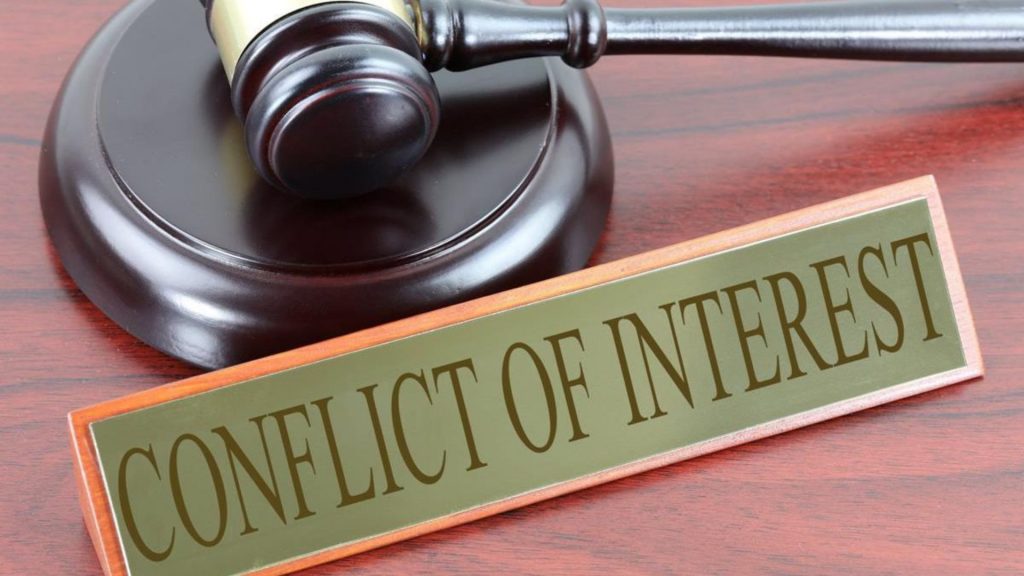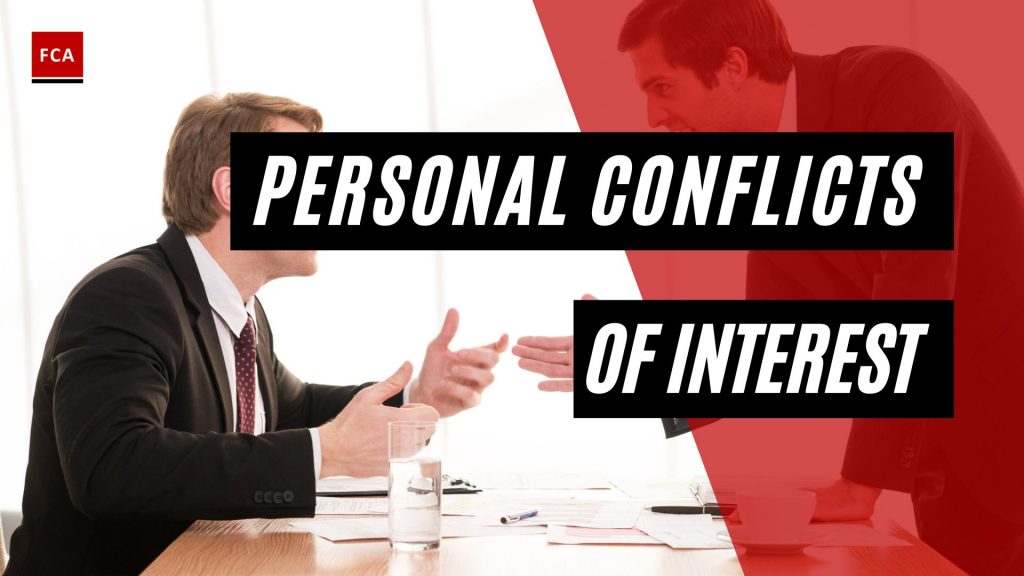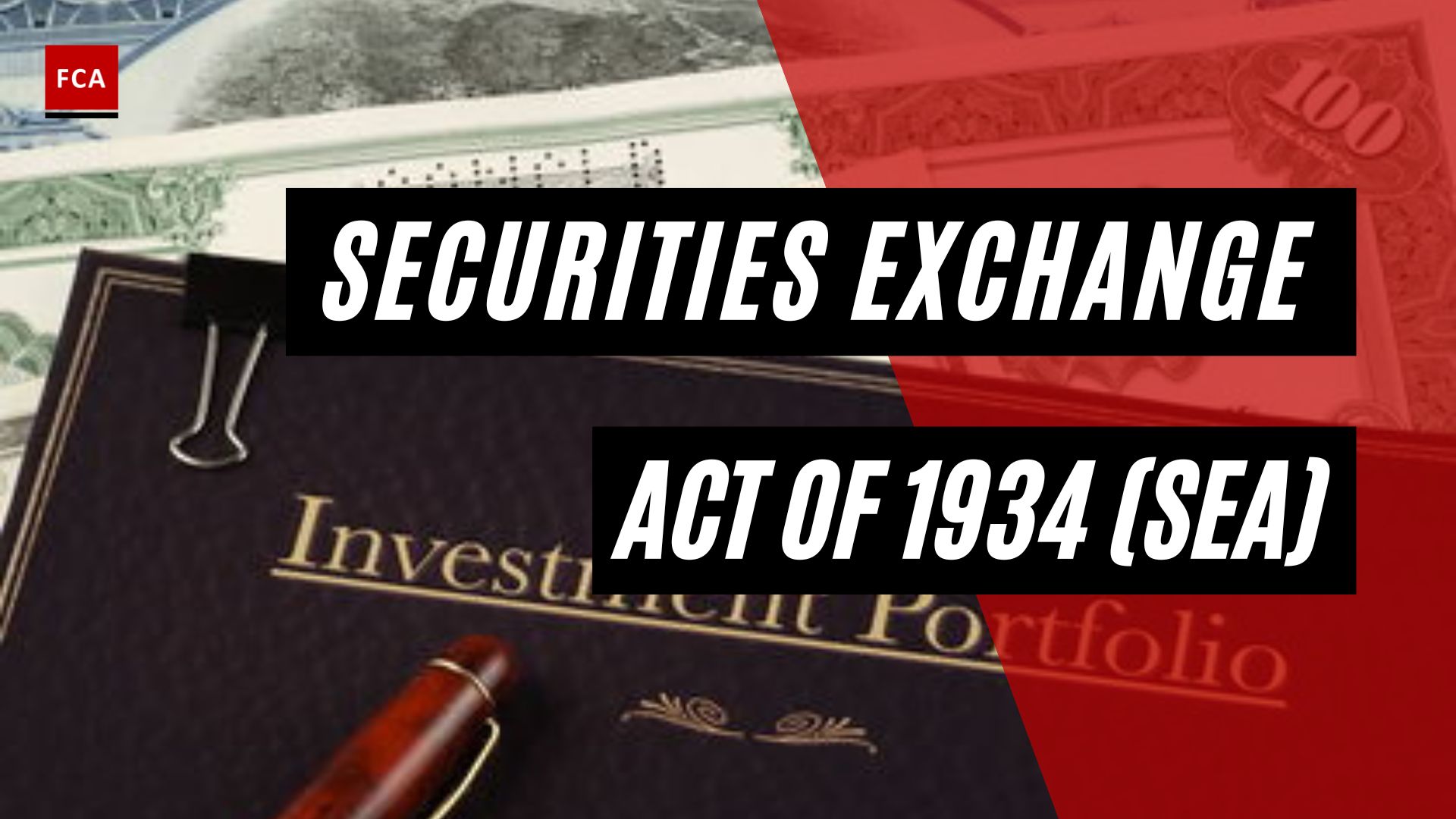Personal conflicts of interest. The identification and management of prevalence of the insider trading in the corporate debt market, and the related conflicts of interest within financial intermediaries are crucial for Markets Compliance.

Personal Conflicts Of Interest
Management must take measures to ensure that investment activities conducted by the company, do not result in a conflict of interest. Target bonds rated higher than the acquirer’s stand to lose whereas those rated lower stand to gain. Since selling (buying) target bonds that stand to lose (gain) before the public announcement requires information about acquirer characteristics, the evidence is less likely to be due to market anticipation and is consistent with insider trading.
There is some evidence that bond dealers affiliated with some advisors sell in anticipation of negative news on bonds, pointing to a possible channel of information leakage. Such negative news seems to be incorporated into bond prices no slower than into the target stocks. Finally, recent improvements in bond market transparency appear to deter insider trading in bonds.
Although there is an unresolved debate amongst economists and jurists weighing the social costs, and benefits of insider trading, corporations have an interest in restricting information-based insider trading for several reasons. First, the information associated with insider transactions imposes a direct adverse-selection cost on outside investors, and thereby decreases liquidity. Second, such insider trading decreases confidence in the capital markets among investors who hold the fundamental view that insider trading is inconsistent with principles of fairness or that inside information is the sole property of the corporation.
Conflicts of interest are relatively pervasive, and inherent. The structure of conflicts in the market equilibrium may be important and dealing with an individual conflict in isolation may not be best. The structure of a company may evolve in response to managing the conflict efficiently, and the structure of regulation. The market agent often works for multiple accounts. The agent’s payoff can have different sensitivities to its principals accounts due to such factors as incentive compensation, different management fee rates, the effect of past performance, and the shape of the flow for spill-overs from “Star” funds. Favor one client over another and allocating profitable trades to the favored client leads to a conflict of interest.
Economies of scope are not necessarily huge, but the costs of specific conflicts may not be huge either—an example is the case of a hedge fund that owns a seat on an option exchange
Favors clients in one line of business over others such as recommending marginal IPOs to retail brokerage customers, to support the investment banking client, also leads to a conflict of interest.
Simple Principal-Agent Conflicts
Executives setting salary and benefits, unauthorized perks/ shirking, broker churning to generate commission, broker recommending high-commission funds, broker front-running customer orders are conflicts of interests. Trading managed assets to benefit own position or the fund adviser growing assets beyond optimal size are also a conflict of interests.
Conflicts Across Multiple Principals
The allocation of IPOs to favored clients, cross-client trading, allowing one client to front-run another, or allowing one client to arbitrage against another are also conflicts.
Conflicts Across Product Lines
When the same firm is involved with multiple lines of businesses, they have different categories of clients. Some business lines may be more profitable than others. Some customers may be more sophisticated than others. The temptation to transfer the wealth toward more profitable lines, at the expense of less profitable lines, using market instruments and insider information, creates conflicts of interest.
Final Thoughts
A conflict of interest occurs when a person or entity becomes untrustworthy due to a clash between personal (or self-serving) interests and professional duties or responsibilities. When a company or individual has a vested interest such as money, status, knowledge, relationships, or reputation—it calls into question whether their actions, judgment, and/or decision-making can be objective. When such a situation arises, the party is usually asked to leave, and it is frequently legally required.








